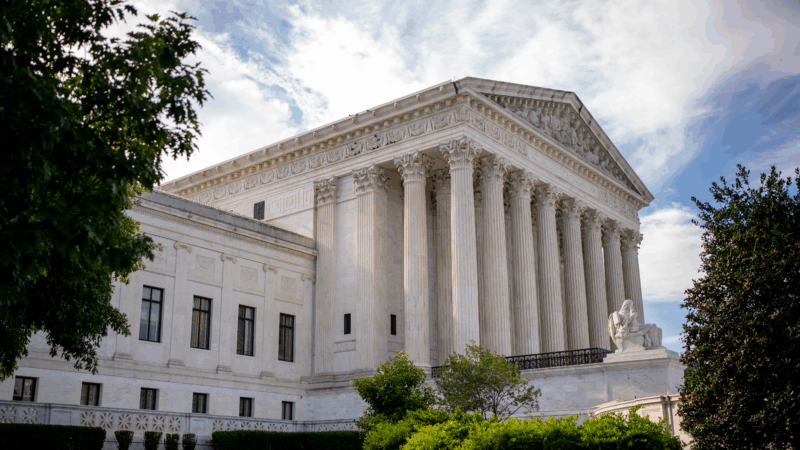Canada votes for Mark Carney as prime minister
Mark Carney has been elected as prime minister of Canada, according to the projections of the national broadcaster CBC/Radio Canada, in one of the country’s most consequential elections in decades. But it’s still not clear if his Liberal party will win the 172 seats needed for an outright majority in parliament. The full results will not be available until late Monday evening, or early Tuesday morning.
The vote was widely seen as a decision about which candidate could best handle President Trump, who helped spark a wave of nationalism across Canada by threatening to annex Canada and placing stiff tariffs on the country.
The 60-year-old Carney had a career in investment banking before becoming the governor of the Bank of England during the Brexit turmoil, and as the head of the Bank of Canada during the 2008 economic downturn. Carney had never held political office before being named leader of the Liberal Party in March. His background in finance and his seeming unflappable demeanor helped convince voters he was the candidate that could best tackle Trump and his sometimes erratic policies.
Carney beat out Pierre Poilievre, a 45-year-old career politician and head of the Conservative Party. It was a stunning reversal of fortunes for Poilievre, who for more than a year rode high in the polls, at one point with his Conservatives up 27 points over the Liberals.

Poilievre’s momentum began to slip in January when former Prime Minister Justin Trudeau resigned. The Liberal Party’s Trudeau was widely disliked in Canada by the end of his decade-long tenure and his resignation gave the Liberals a lift. Carney became Trudeau’s successor.
But the real boost came when President Trump began targeting Canada’s economy and its sovereignty. Many Canadians were outraged by Trump’s threat to make Canada the 51st state – a threat he repeated in a post on social media on election day.
Many of Poilievre’s positions and much of his rhetoric mirror Trump — albeit on a more moderate level. The Conservative leader has a “Canada First” slogan, he wants tighter borders, smaller government and to end what right-wing politicians consider “wokeness.” While his proposals resonated with some voters early on, Poilievre’s association with Trump ultimately ended up hurting him badly.
It is the third consecutive federal election the Conservative Party has lost, leading some analysts to believe the party will now go through a time of reckoning about its message and appeal.
Claudette Colvin, who refused to move seats on a bus at start of civil rights movement, dies at 86
Colvin, at age 15, was arrested nine months before Rosa Parks gained international fame for also refusing to give up her seat on a segregated bus.
Republicans say Clintons risk contempt of Congress for not testifying on Epstein
House Republicans are seeking testimony as part of their investigation into convicted sex offender Jeffrey Epstein. The Clintons say they've already provided in writing what little they know.
FTC accuses AI search engine of ‘rampant consumer deception’
Federal officials say a company that operates hundreds of landing pages for AI answers is running an operation that has duped thousands of users, who were unable to stop costly monthly charges.
How Minnesota faith communities are resisting aggressive immigration operations
As immigration enforcement actions have ramped up in Minnesota, people of faith have been at the forefront of the response to ICE detentions and the killing of Renee Macklin Good by a federal agent.
‘My role was making movies that mattered,’ says Jodie Foster, as ‘Taxi Driver’ turns 50
Foster was just 12 years old when she starred in the 1976 film. "What luck to have been part of that, our golden age of cinema in the '70s," she says. Her latest film is Vie Privée (A Private Life).
Supreme Court appears likely to uphold state bans on transgender athletes
To date, 27 states have enacted laws barring transgender participation in sports.






